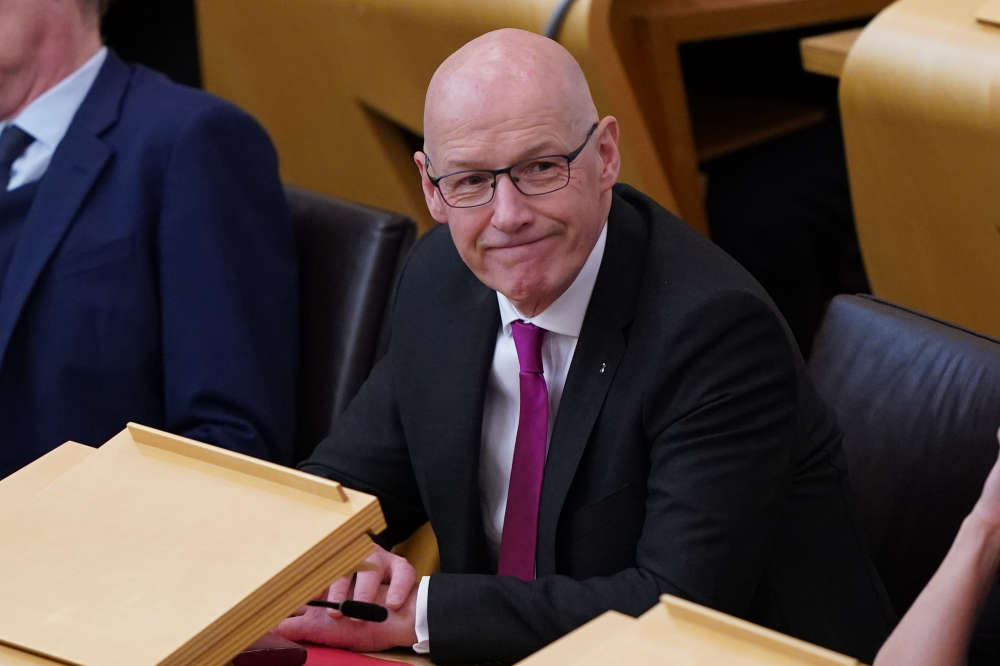
MPs will vote for the final time this afternoon on new powers being devolved to the Scottish Parliament.
The final stage of the Scotland bill is being debated this afternoon, with the Labour party claiming they are leading the way for it to be implemented in full.
SNP MPs say there're still shortcomings with the proposed legislation, while the Liberal Democrats have accused the SNP of focusing on independence.
Scottish Secretary David Mundell has called on the Nationalists to outline exactly what changes it would make with enhanced welfare powers. He said: "These changes put beyond reasonable doubt that the Government has delivered the Smith Agreement.
"The Scotland Bill means big changes for Scotland that can make a real difference to the lives of people in Scotland. Control over billions of pounds of tax and benefit powers is a huge responsibility that will affect everyone.
"If these powers are used well then Scotland will be the winner. The debate now is about how these powers will be used. It is time for the Scottish Government to set out what benefits they want to top up, what new benefits they want to create and how they intend to pay for it."
In response, a spokesperson for the First Minister said: "This is sheer hypocrisy from David Mundell. The Scottish Secretary - perhaps he’d be better known as Mr Cutter - points out how many Scots receive tax credits, while ignoring the fact that his Government is planning to slash them.
"The Scotland Bill is far from perfect, giving Scotland responsibility for just 14 per cent of welfare spending. “Last week, after months of pressure, the UK Government lodged over 80 amendments to try and bring the Scotland Bill up to scratch. These are welcome, but there are still shortcomings, and Holyrood will make a final decision on the Bill in a few months’ time.
"The final vote will depend on the outcome of negotiations between the Scottish Government and the Treasury, on the funding framework that comes with it. The UK Government retains effective vetoes in many areas, and the powers of conditionality and sanctions which will hurt the most vulnerable hardest will remain at Westminster."


 John Swinney elected Scotland's new First Minister
John Swinney elected Scotland's new First Minister
 Public consultation on Cupar North development opens
Public consultation on Cupar North development opens
 Man, 44, seriously injured in hospital after crash between Comrie and Rosyth
Man, 44, seriously injured in hospital after crash between Comrie and Rosyth
 11°C
11°C
 17°C
17°C